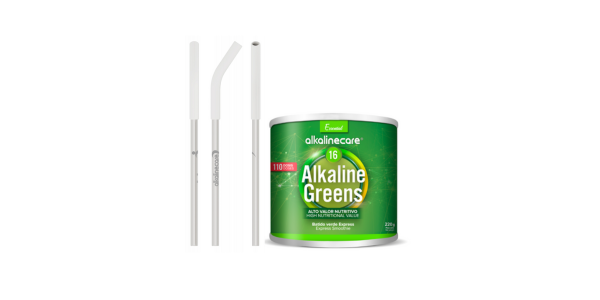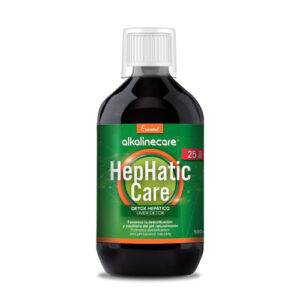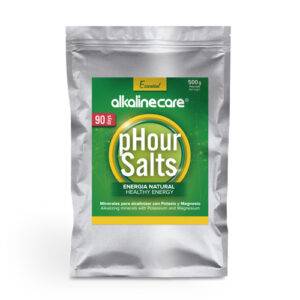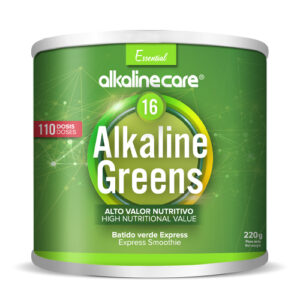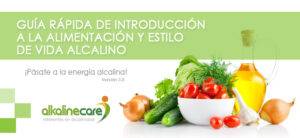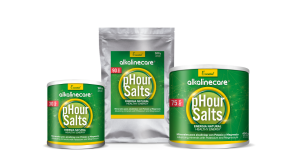We all know how important it is to eat vegetables regularly and, especially, during the growth stage (childhood and adolescence). Eating vegetables in childhood and adolescence guarantees the intake of nutrients, vitamins and proteins essential for health. Vegetables promote development in childhood and adolescence. Green leafy vegetables contain a lot of Vitamin C, A, folic acid, group vitamins B, E, K and alkaline minerals such as calcium, potassium and magnesium.
Vegetables and fruits are essential for maintaining a healthy body and mind, as well as ensuring good bone and muscle growth.
Benefits of consuming vegetables in childhood and adolescence
- Increases defenses and enhances immunity.
- Helps prevent obesity in both childhood and adolescence.
- It improves and regulates intestinal transit thanks to its soluble and insoluble fiber content that acts as an effective broom. A clean intestine helps prevent certain parasites that are so common during childhood.
- Promotes wound healing thanks to its high chlorophyll content, a natural healing agent, a powerful catalyst for oxygen in the blood and tissues.
- Benefits bones and teeth, thanks to its calcium content.
- They are alkalizing foods and help fight tooth decay caused by acidic saliva.
- They are wonderful allies to prevent eye and ear diseases/infections.
- Its consumption prevents and combats youth acne thanks to its powerful detox effect, hormonal balance, antioxidant content and vitamins E and A.
- Provides more hydration.
- They are cleansing and alkalizing foods.
- They promote mental health in students and young people, being essential during the student period.
In a study carried out by experts from the University of East Anglia, in the United Kingdom, it was shown that those students between 11 and 16 years old with a diet rich in vegetables and fruits enjoyed better mental health, greater calm and better concentration. .
Meals rich in vegetables are more nutritious and promote emotional well-being in students.

The WHO on the consumption of vegetables and fruits
The WHO recommends consuming at least between 400 and 500 grams. of fruits and vegetables a day. It is an invaluable help to prevent all types of chronic diseases in childhood and adulthood.
It is advisable that infants and adolescents eat an abundant portion of fruits and vegetables every day in the form of salads, dishes prepared with vegetables, juices and natural smoothies made at home.
Alkaline 16 Greens during childhood and adolescence
I also recommend adding a green superfood with high biological value such as Alkaline 16 Greens. With just 1 or 2 scoops of this powerful compound, our little ones and young people will obtain vitamins, minerals, antioxidants and amino acids that are so essential at this stage of growth. Alkaline 16 Greens is obtained by dehydrating 16 green vegetables at low temperatures, which guarantees their nutritional quality.
With 1 scoop of Alkaline 16 Greens you obtain the nutritional concentration equivalent to half a kilo of vegetables.
Smoothie recipe for all ages
Vegetables promote development in childhood and adolescence. Here I leave you an ultra simple, delicious and quick recipe to prepare. Ideal to include in breakfast and/or snack.
- 1 or 2 ripe bananas.
- 1 slice of fresh pineapple.
- 1 small avocado.
- 3 previously pitted Medjoul dates.
- 1 or 2 teaspoons of pure cocoa powder without added sugar.
- 1 or 2 scoops of 16 Alkaline Greens.
- 1 large glass of water.
You just have to beat everything very well and that’s it! Your children will thank you.





